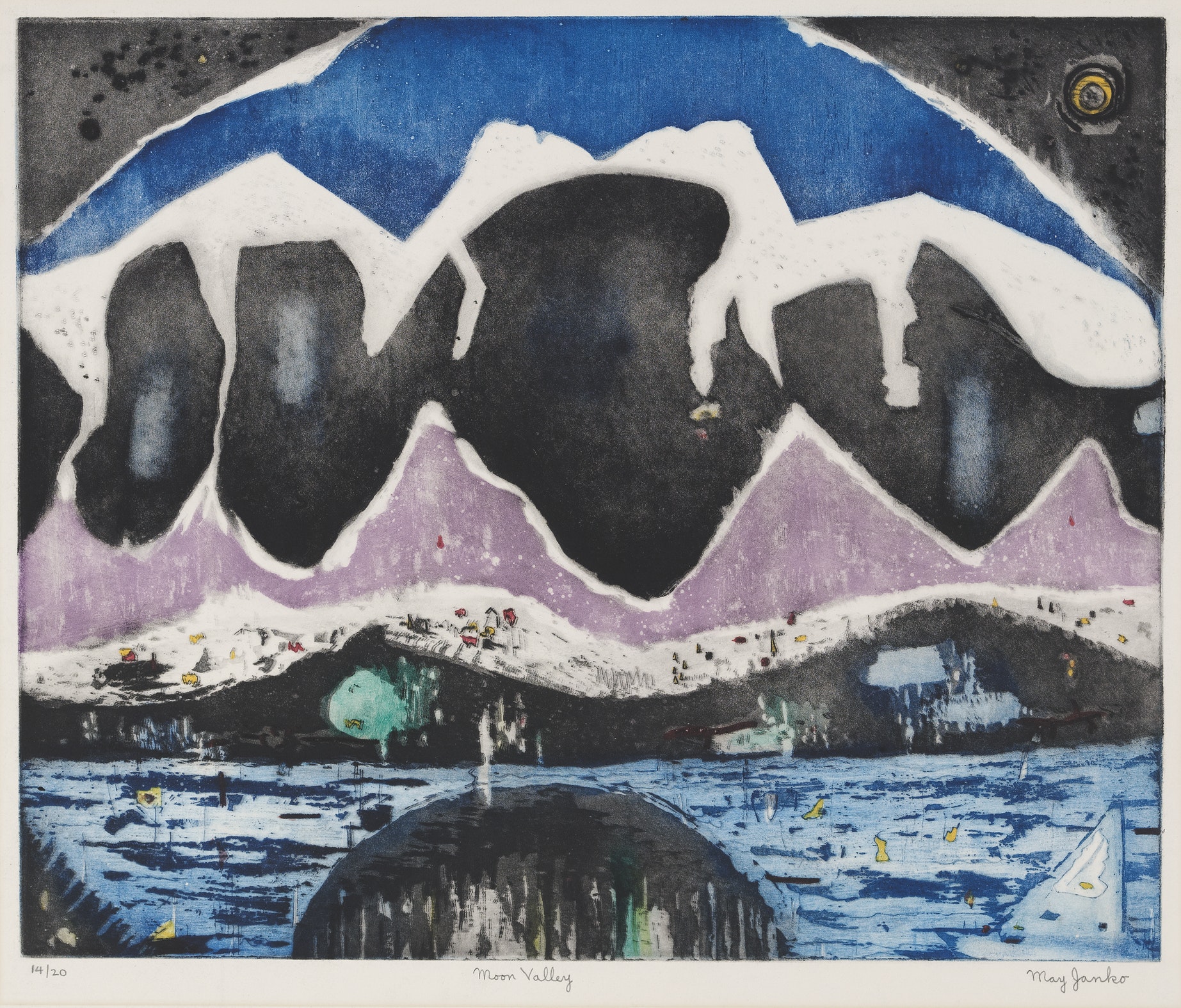Listen
Writer Diane Wilson contemplates story as living spirit, and how language might bring us closer to the natural world.

I stepped outside onto the deck just after sunrise, when the sky was a shadowed blue, and the day was still untouched by phones, television, or work. Coming towards me was a near-perfect V formation of migrating geese. They were flying unusually low, as if they had just left a nearby lake and were still gaining the altitude needed for the long pull south. My sudden appearance came too late for them to change course if I turned out to be a hunter with a gun. I stood completely still, directly beneath their formation. As they passed overhead, I listened: the whispered hush of wings pressing air, of feathered bodies riding wind, an unimaginable command of the earth’s breath. In the sound of flight, there was grace; there was mystery that no physics could adequately explain.
The quiet that pervades the rural land where I live is filled with sounds that brush up against the unknowable: aspen leaves fluttering in a fall wind, the chuff of a passing deer, the scold of an irritated raccoon. Yesterday, the sudden pop of a dry bean pod on my table, as a single black turtle bean landed at my feet. We’re ready, is what I heard.
Years ago, I wrote a book, Beloved Child, that required me to listen deeply to stories that touched on trauma and, ultimately, the transformation of Native people who had experienced boarding schools, voluntary relocation, and daily racism. As I entered into their lives, I felt each story grow into a being shared between us, a living spirit that would go out into the world to be shared with others.
I learned to pray every day as a commitment to this process, believing that these stories were sacred, that my words had to come from spirit. As each person revealed the vulnerable truth of their life, I learned how to listen. I was the recorder, the translator, the witness to their lives.
When I interviewed Glenn Wasicuna, a Dakota elder and spiritual leader, he told me, “Silence teaches the most fundamental trait of being Dakota. Silence allows you to listen and to hear the voice of the Creator.” Beloved Child taught me that writing can be a spiritual practice, a taproot to my own understanding of the sacred.
That insight led to a new question: can different species also learn, once more, to listen to each other? Outside my window, there were dried corn stalks, scavenging birds, playful rabbits, and a tarp to provide temporary housing for a family of garter snakes. One afternoon when I opened the mail box, a young snake was curled up inside, having crawled in through a rusted hole at the back. We both jumped, surprised by the sudden appearance of the other. I spoke reassuring nonsense to my unexpected guest, wanting to believe the little snake was listening politely, rather than frozen in terror. Afterwards, I wondered what a snake hears in the sound of a human voice. Atavistic fear, the roar of machine blades, violence?
As Native origin stories often refer to a time when humans and animals could communicate with each other, I also wondered why this relationship changed so drastically. In Native Science, author Greg Cajete described two sides of the human mind, each one relating to the world in a different way. The metaphoric or nature mind is the “facilitator of creative process,” applying perception and intuition to life’s tasks and challenges. The earth mind, Cajete explained, has become separated from the rational mind, where the development of language has allowed for experience and knowledge to become compartmentalized, as in the separation of Western science from spirit.
Our two minds work best when they are in balance, when creativity, meditation, ritual, and dreaming help bridge that separation. Or when we understand, for example, that science and creativity arise from the same breath. When I tell the story of the snake in the mail box, I am observing a relationship with the natural world, and I am creating a story that describes our respective roles in this world. Language can bring us closer to nature, or push us further away. Language can also bring us closer to each other, or push us further away.
The stillness of that November morning when the geese passed overhead was broken by the sound of gunshots from nearby fields. I hoped that whomever was holding that gun understood the responsibility that humans carry to the animals who give us life. A “hunter of good heart” knows her place on the land where she lives, whether she harvests geese for meat, or gathers wild stories.
This piece is part of the series by guest editor Sun Yung Shin.